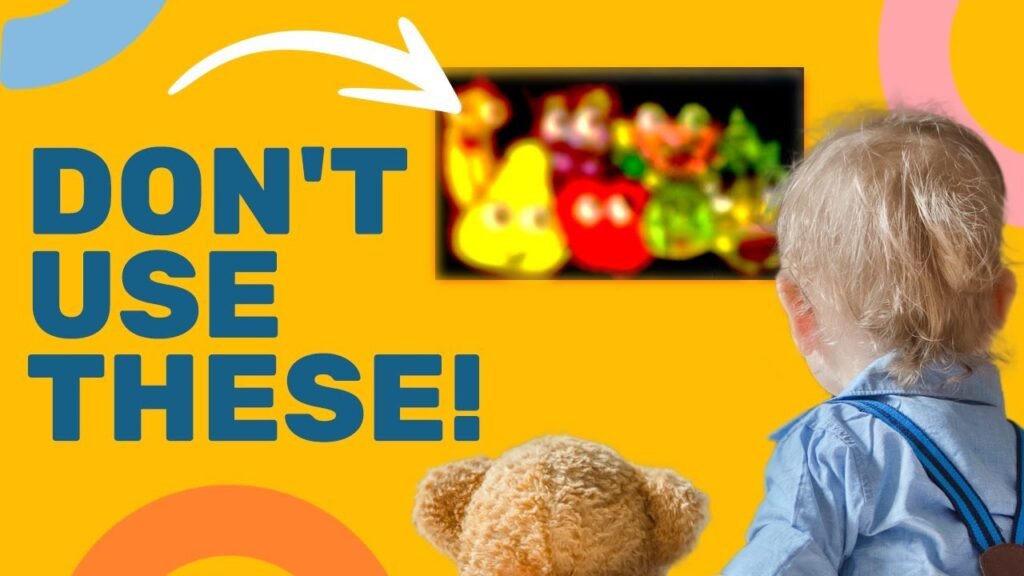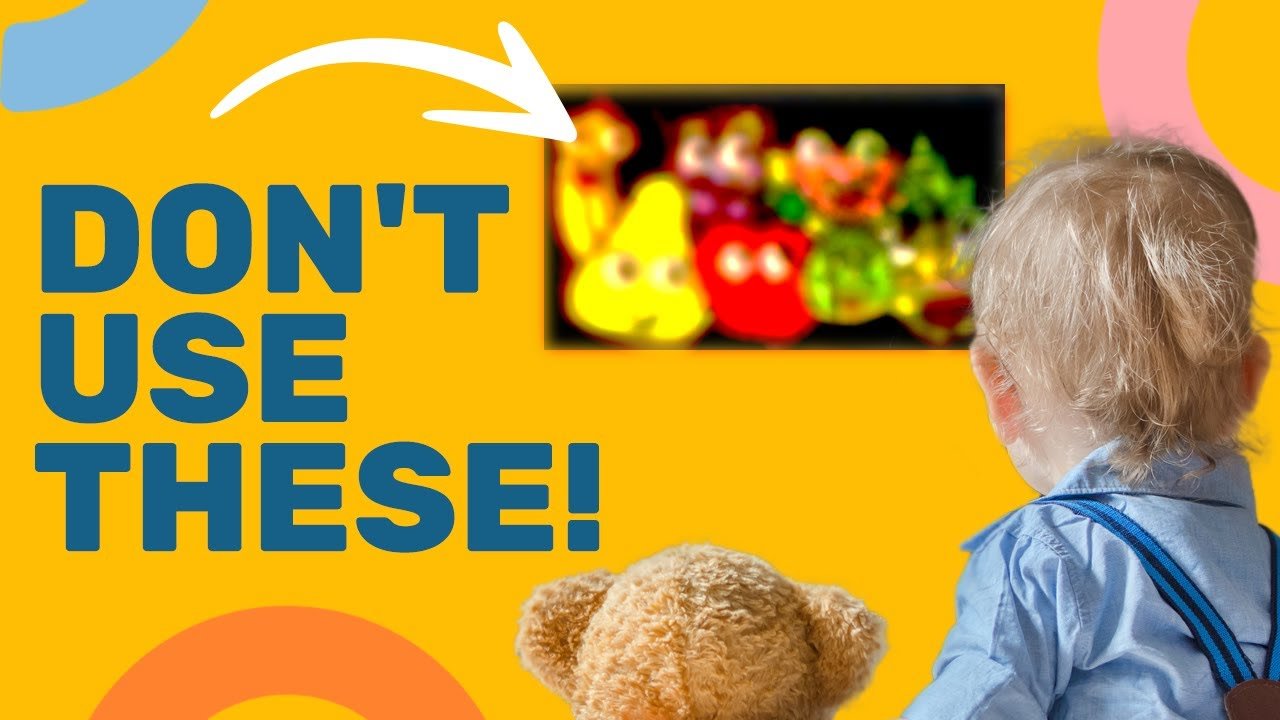“The Newborn Sensory Stimulation Videos Aren’t What They Claim” is a thought-provoking video by Emma Hubbard that explores the popular trend of sensory stimulation videos for babies. These videos often make grand claims about improving brain development, eye tracking, and coordination. However, through extensive research, Hubbard uncovers the truth behind these videos and provides evidence that challenges their effectiveness. She highlights the importance of real-life experiences, interactions with people, and physical play in a baby’s development, while also discussing the potential negative impacts of excessive screen time on language development, fine and gross motor skills, and attention span. With her friendly and informative tone, Hubbard aims to educate and empower parents to make informed choices regarding their babies’ development.
The video delves into various research studies, including the American Academy of Pediatrics’ recommendation of no screen time for babies under 18 months, except for video chatting. Hubbard encourages viewers to hit the like button and subscribe to her channel to stay updated on future videos. By presenting the scientific evidence and debunking false claims, she hopes to dispel misconceptions surrounding sensory stimulation videos and promote a more holistic approach to a baby’s development.

Introduction to Sensory Stimulation Videos
Infant sensory stimulation videos claim to improve brain development, eye tracking, and coordination. However, research suggests that these claims are not valid, and screen time before 18 months may have a negative impact on babies. In this article, we will explore the importance of real-life experiences for babies, the impact of excessive screen time, research findings on screen time for babies, an analysis of sensory stimulation videos, the reality of these videos, the benefits of real-life experiences, the limitations and risks of sensory stimulation videos, and strategies for promoting healthy child development.
The Importance of Real-Life Experiences
Babies learn best through real-life experiences. Interactions with people promote their development, allowing them to learn language, social skills, and emotional regulation. Physically engaging with objects and engaging in physical play enhances their learning abilities. Real-life experiences provide the necessary stimulation and sensory input for a baby’s holistic development.
The Impact of Excessive Screen Time
Excessive screen time can have detrimental effects on a baby’s development. It can impair language development, as babies need interaction and play with others to learn language skills. Fine and gross motor skills can also be affected, as babies need physical play and exploration to develop these skills. Excessive screen time can also lead to attention span issues, as research shows a correlation between watching TV or videos before the age of 3 and attentional problems.
Research Findings on Screen Time for Babies
Research has found associations between TV or video watching before age 3 and attentional problems in children. The American Academy of Pediatrics has set guidelines on screen time, recommending no screen time for babies under 18 months, except for video chatting. Video chatting is an exception because it involves interactions with loved ones. These guidelines reflect the importance of real-life experiences over screen time for young children.
Analysis of Sensory Stimulation Videos
Sensory stimulation videos are videos designed to provide visual and auditory stimulation for babies. The creators of these videos often make claims about the benefits they provide. They may request subscriptions to their channels to ensure that viewers don’t miss future videos. However, it is essential to critically analyze these claims and understand their purpose.
The Reality of Sensory Stimulation Videos
Despite the claims made by sensory stimulation videos, there is a lack of evidence supporting their efficacy in improving brain development, eye tracking, and coordination. The promises made by these videos may not align with the reality of babies’ developmental needs and the importance of real-life experiences. Experts in child development also question the value and effectiveness of sensory stimulation videos.
Benefits of Real-Life Experiences
Real-life experiences offer numerous benefits for babies. Through hands-on activities, babies engage their senses and develop cognitive, physical, and social-emotional skills. Exploration and sensory engagement are crucial for their development, allowing them to learn about the world around them and build connections in their brains. Real-life experiences also foster social-emotional skills as babies interact with caregivers and peers.
Limitations and Risks of Sensory Stimulation Videos
Sensory stimulation videos have limitations in terms of cognitive engagement and interaction. Babies under 12 months of age do not have the cognitive ability to understand the content of these videos and derive meaningful learning from them. Excessive reliance on screens for stimulation can have negative impacts on attention and learning. Babies need real-life interactions and play to fully engage their developing brains.
Promoting Healthy Child Development
To promote healthy child development, it is important for parents to prioritize real-life experiences over screen time. Providing a balanced approach to screen time, where it is limited and constructive, can benefit babies. Alternative activities, such as reading books, engaging in physical play, and participating in social interactions, can support their development.
Conclusion
Real-life experiences are crucial for babies’ development, and sensory stimulation videos may not provide the same level of benefits as advertised. Research supports the importance of interactions with people, physical play, and exploration for cognitive, language, motor, and social-emotional development. It is essential for parents to follow research-based recommendations and prioritize real-life experiences for their babies’ optimal growth and development.

